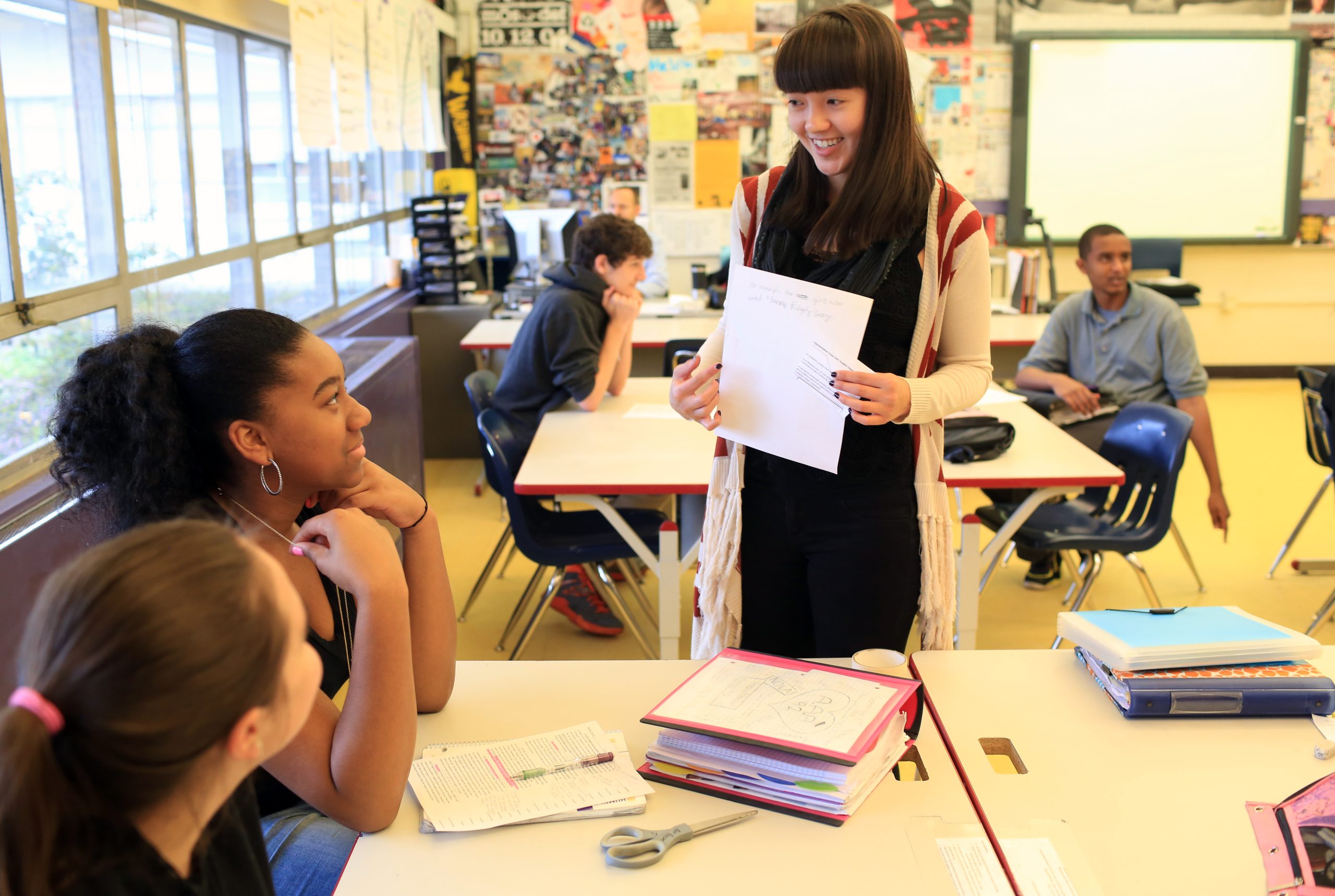In an era marked by environmental challenges, the imperative of environmental education takes center stage. This article explores the vital role of environmental education in fostering awareness, addressing climate change, and championing the preservation of ecosystems. The overarching goal is to cultivate a deep understanding of environmental issues and promote sustainable practices for the benefit of present and future generations.

1. Understanding Environmental Sustainability:
At the core of environmental education lies the emphasis on comprehending the concept of environmental sustainability. It involves recognizing the delicate balance between human activities and the natural world. By instilling an awareness of the finite nature of our planet’s resources, environmental education lays the groundwork for responsible and sustainable living.
2. Confronting Climate Change:
Environmental education serves as a beacon in the fight against climate change. It equips individuals with the knowledge to understand the causes and consequences of climate change, fostering a sense of urgency and responsibility. Through education, society can collectively work towards mitigating the impacts of climate change and creating a resilient and sustainable future.
3. Advocating Ecosystem Protection:

The health of our planet is intricately tied to the well-being of its ecosystems. Environmental education emphasizes the importance of preserving biodiversity, protecting natural habitats, and mitigating human activities that threaten ecosystems. By understanding the interconnectedness of all living organisms, individuals are empowered to become stewards of the environment.
4. Fostering Environmental Awareness:
Environmental education goes beyond the classroom, aiming to create a culture of environmental awareness. It encourages individuals to observe, question, and analyze their surroundings, fostering a sense of connection to the natural world. Through this heightened awareness, individuals are more likely to make informed choices that contribute to environmental conservation.
5. Embracing Sustainable Development:

A key goal of environmental education is to promote sustainable development practices. This involves finding innovative solutions that meet the needs of the present without compromising the ability of future generations to meet their own needs. By integrating sustainability into various aspects of life, from energy consumption to waste management, individuals contribute to building a more sustainable and resilient society.
6. Empowering through Education:
Education is the catalyst for change, and environmental education empowers individuals to be agents of positive environmental transformation. Educational institutions play a pivotal role by incorporating environmental curricula, experiential learning opportunities, and community engagement projects that instill a sense of environmental responsibility.
7. The Path Forward:

In conclusion, environmental education stands as a beacon of hope in the face of environmental challenges. It is a pathway toward a more sustainable, harmonious relationship between humanity and the planet. By fostering awareness and sustainable practices, environmental education lays the foundation for a greener tomorrow where individuals are not just informed about environmental issues but actively engaged in creating a world that thrives in harmony with nature



